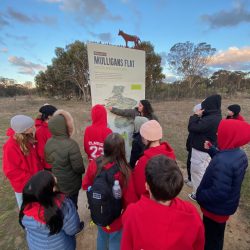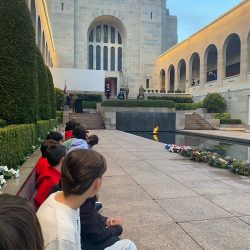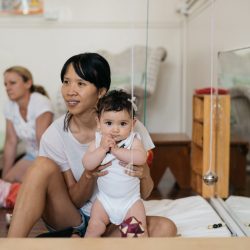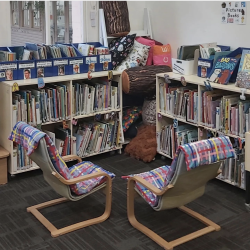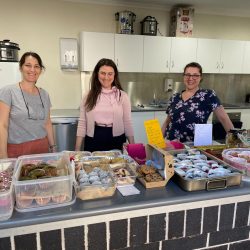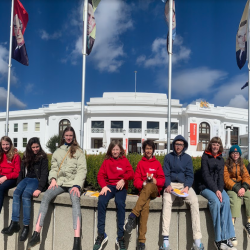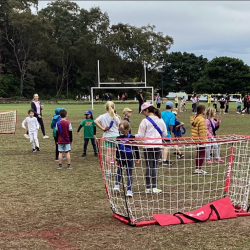Assessment of Learning
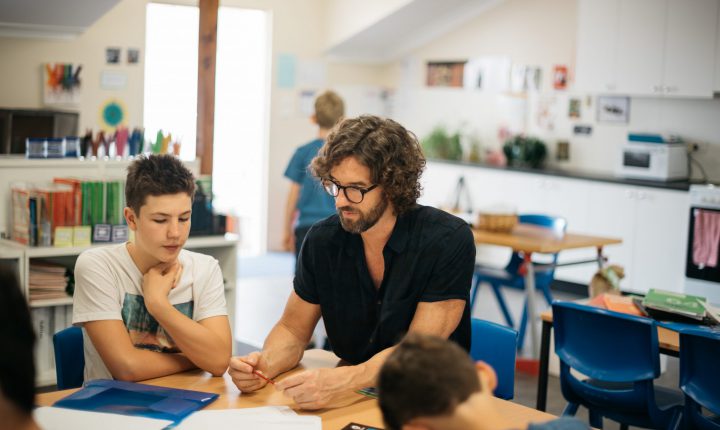
The Montessori Approach to Assessment
In a Montessori method of education, assessment of learning is based on the observation of the whole child as they work and engage in activities each day. Observing the whole child means that the Director is observing not only what the child is learning or demonstrating intellectually but also how they are operating socially and emotionally as they engage in a task.
There is a control of error built into the Montessori materials which allows the child to monitor and determine the accuracy of the answers/processes. In many cases, the children discover for themselves, if their work is accurate and little input is needed by the Director.
The Director reviews the children’s work to ensure that it is completed and that the children are understanding the concepts being explored. This review happens in collaboration with the child so that he/she can maintain ownership of their work. The Director demonstrates to the children how to edit, assess or improve their own work.
The children’s work can be shared, as a way to inspire one another, however, their work is never compared, ranked or graded against one another.
Assessment is not simply based on the work that the child produces and the children do not receive grades or marks for their work. The children are able to test themselves and one another on their spelling and memorisation of maths facts, such as times tables. Directors also assist with this on an individual basis, but never as a whole class.
Montessori Lessons follow a developmental progression. In this way, the children can only learn a new concept or new process if they have consolidated the previous concept. Many children learn and integrate new concepts through observing one another in their work. Often, older children include younger children in their work and in doing so, support the younger children in acquiring new skills and knowledge.
No formal testing, such as exams, is given to the children to assess their learning in the classroom. However, the children in our school participate in the NAPLAN in Years 3 and 5, as a means of test practice and in order to meet expectations of some secondary schools.
Three Important Tools for Assessment:
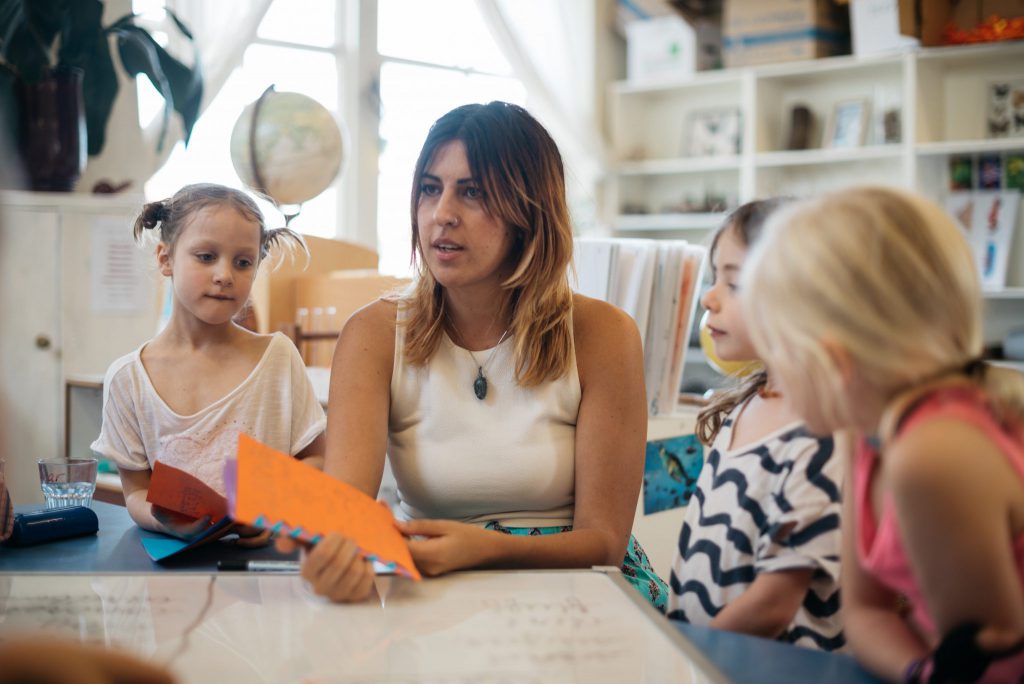
Observation was the scientific tool of assessment used by Maria Montessori to formulate the Montessori Method of education.
Each day, Directors and Assistants observe the children while they work and record their observations. Through observations, the Directors know when it is necessary or unnecessary to intervene in the child’s work. If a child’s work is not productive or not suited to the child’s level of development, the Director will know to intervene and assist the child in choosing more constructive materials or activities.
Observation allows the Director to determine the purpose of a child’s work. The purpose of work may not always be intellectual. The work may also be fulfilling the child’s social or emotional needs.
By observing children in their natural state of activity, amazing discoveries can be made.
Discoveries that can be made through Observational Assessment
- Was the child able to work independently?
- Was the child able to stay on task and apply concentration to their work?
- Was the activity challenging enough for the child?
- What kind of questions did the child ask?
- What other resources could the child access to support their learning?
- How was creativity expressed in the child through this activity?
- Did the child demonstrate joy and enthusiasm in their learning?
- Did the child work productively with others?
- What types of interests is this child demonstrating?
- Could more lessons be given to further feed or inspire these interests?
- What kind of feedback should the child be given to support their activity?
- Where could the child go from here?
- How can the child share their work and learning with others?
- Could the child teach this concept to others?
- Who else could benefit from the discoveries this child has made?
Conferences are held between the Director and child and are a collaborative form of assessment. Conferences are one-on-one, allowing the progress of the child to be shared between the Director and child only. In this way, the child is not comparing themselves to others. In a conference, the child is accountable for their work choices and an assessment of these work choices can be made.
A wide variety of follow-up (independent) work is produced by the children in the classroom each day. The Director is able to make assessments of the child’s learning through observing the independent work the child has produced. The Director is also able to collaborate with children as they produce their follow up work. In this way, the Director is not just assessing the final product of the children’s work but is assisting them in their process of learning, if needed. This form of assessment can be formative: it can provide the children with feedback; or it can be summative: it can allow the Director to draw conclusions in regards to the child’s development and/or level of understanding.
Follow-up work the children may engage within the Montessori Classroom
- Repetition with the materials introduced to the child by the Director.
- Re-creating materials in their own way.
- Teaching what they have learned to another child.
- Adding to/creating additional materials.
- Writing stories independently or collaboratively.
- Conducting research using books or the internet.
- Creating, lists and collections of words and information related to a topic.
- Creating charts/diagrams to visually represent what they have learnt.
- Displaying what they have learnt through booklets and posters.
- Taking photographs or recording observations.
- Collecting specimens from within the classroom and outside of the classroom.
- Repeating scientific experiments and demonstrations.
- Creating artworks and sculptures.
- Writing songs, plays or drama performances.
- Utilising computer programs and digital technology to consolidate and represent understandings.
- Engaging in project work to investigate a topic in depth.
- Going Out into the community to collect information, make wider connections and explore the concepts in the world outside of the classroom.


